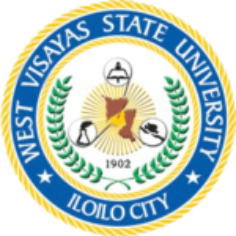 1. Feature and Magazine Writing: Action, Angle, and Anecdotes, 3rd Edition
1. Feature and Magazine Writing: Action, Angle, and Anecdotes, 3rd Edition
David E. Sumner, Holly G. Miller
ISBN: 978-1-118-30513-3
344 pages
Updated with fresh facts, examples and illustrations, along with two new chapters on digital media and blogs this third edition continues to be the authoritative and essential guide to writing engaging and marketable feature stories.
Covers everything from finding original ideas and angles to locating expert sources
Expanded edition with new chapters on storytelling for digital media and building a story blog
Captivating style exemplifies the authors’ expert guidance, combining academic authority with professional know-how
Comprehensive coverage of all the angles, including marketing written work and finding jobs in the publishing industry
Essential reading for anyone wishing to become a strong feature writer
Accompanied by a website with a wealth of resources including PowerPoint presentations, handouts, and Q&As that will be available upon publication: www.wiley.com/go/sumnerandmiller
 2. Cinema Studies: The Key Concepts
2. Cinema Studies: The Key Concepts
Cinema Studies: The Key Concepts is an essential guide for anyone interested in film. Providing accessible coverage of a comprehensive range of genres, movements, theories and production terms, this is a must-have guide to a fascinating area of study and arguably the greatest art form of modern times.
Now fully revised and updated for its fourth edition, the book includes new topical entries such as:
• CGI • Convergence • Cult cinema • Digital cinema/Post-digital cinema • Dogme 95 • Movement-image/Time-image • Quota quickies • • 3-D technology •
About the Author:
Susan Hayward is Professor of French and lectures in French cinema at the University of Exeter. She is the author of French National Cinema (Routledge, 1993).
 3. Facilitating Authentic Learning
3. Facilitating Authentic Learning
Your single-best way to nurture higher-order thinking
With all the pressure to accelerate instruction, how can we possibly find the time to encourage students to do some serious thinking? With Facilitating Authentic Learning, Laura Thomas provides the answer: through constructivist, experiential teaching methods. Grade 6–12 teachers will learn how to:
- Plan learning experiences that teach content and process at the same time
- Assess students’ development of 21st-century skills
- Coach students to do the hard work of authentic learning while providing support
Teach reflection techniques that help students learn from experiences and mistakes
